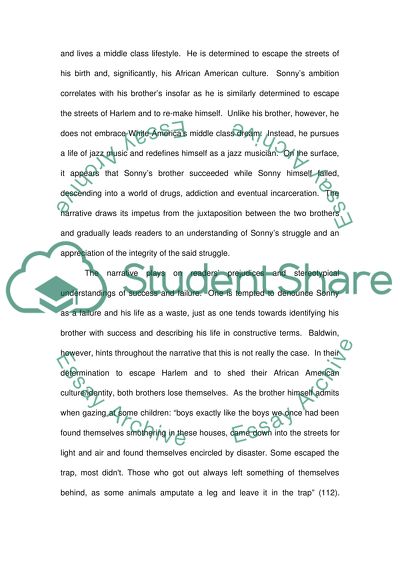Cite this document
(“How does African American literature exposes a society Essay”, n.d.)
How does African American literature exposes a society Essay. Retrieved from https://studentshare.org/literature/1507217-how-does-african-american-literature-exposes-a-society
How does African American literature exposes a society Essay. Retrieved from https://studentshare.org/literature/1507217-how-does-african-american-literature-exposes-a-society
(How Does African American Literature Exposes a Society Essay)
How Does African American Literature Exposes a Society Essay. https://studentshare.org/literature/1507217-how-does-african-american-literature-exposes-a-society.
How Does African American Literature Exposes a Society Essay. https://studentshare.org/literature/1507217-how-does-african-american-literature-exposes-a-society.
“How Does African American Literature Exposes a Society Essay”, n.d. https://studentshare.org/literature/1507217-how-does-african-american-literature-exposes-a-society.


